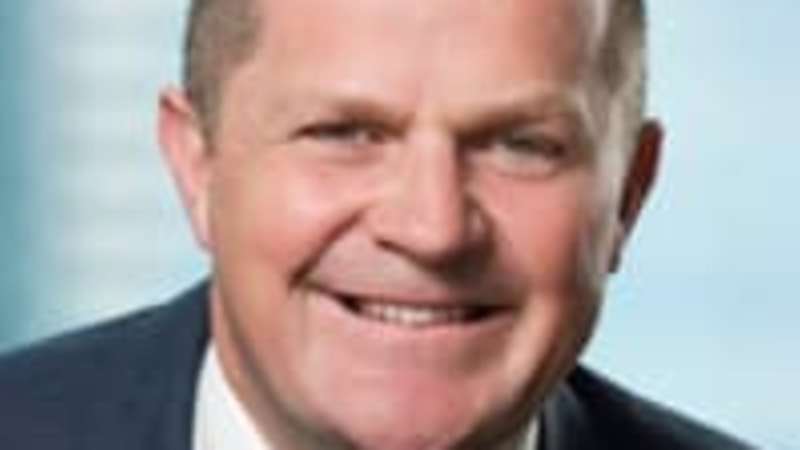Investors turning to advisers in ‘unsettling times’

With inflation and interest rates on the rise, even investors who consider themselves knowledgeable about investment markets are now seeking help from financial planners, according to a recent study by Schroders.
Based on respondents in the Schroders Global Investor Study 2022, around 36 per cent of people in Australia (and 39 per cent globally) who class themselves as expert/advanced in financial investment knowledge say they are more likely to speak with a financial adviser as interest rates rise.
The Schroders Global Investor Study 2022 explored the behaviours and attitudes of over 23,000 people who invest from 33 locations around the world, including Australia.
The study found that around 21 per cent of Australians with intermediate knowledge, and 40 per cent of people with beginner knowledge, indicated they are now more interested in consulting with a financial adviser.
Schroders Global explained that the inflationary environment has also resulted in more people considering changing their investment strategy.
In light of rising inflation, 60 per cent of Australian respondents say they have changed their investment strategy, compared to 55 per cent globally.
Another 28 per cent of people in Australia (31 per cent globally) say they didn’t change their investment strategy but indicated their intention to do so.
The research also showed that inflation is driving investment choices with 42 per cent of Australians stating that they are more likely to invest in cyclical stocks.
Australian investors are also changing their attitude towards risk, with 58 per cent of people feeling forced to take on more risk than they want to meet their return expectations, while 62 per cent say they sometimes make investment decisions under pressure that they later regret.
This is similar to global findings where 56 per cent of people say they felt forced to take on more risk than preferred to meet their return expectations.
According to the survey, Australian investors report that government bonds, digital assets and cash or cash equivalents are less attractive than they were six months ago, however market-linked investments have grown in popularity over this time. In all, 35 per cent of those surveyed in Australia have made new investments in managed funds and 34 per cent in shares in the past six months.
The study by Schroders also found that Australians are also increasingly looking to the expertise of fund managers, with 54 per cent saying they found investment/mutual funds managed by an active fund manager more attractive than six months ago — higher than the 31 per cent who preferred investment/mutual funds that are not actively managed.
Investors who define themselves as more knowledgeable were more likely to recognise the benefits of an active manager compared with six months ago, the study found. Globally, some 63 per cent of ‘expert’ investors and 51 per cent of ‘advanced’ investors say they now find active funds more attractive.
This is particularly the case for two thirds of global ‘expert’ investors (63 per cent) who acknowledge the added value of an active fund manager in challenging times.
Schroders Australia chief executive Sam Hallinan said despite some of the challenges in markets at the moment, Australian investor return expectations for the next five years remain high — at an average of 10.41 per cent — in line with 2021 expectations of 10.56 per cent.
“While the actual annual return investors report receiving for the prior five years was on average 10.69 per cent, investors’ expectations of consistent annual returns at this level will be hard to meet,” said Mr Hallinan.
“Australian investors are also feeling significant anxiety around their investment strategy, with 62 per cent of them admitting that they sometimes make investment decisions under pressure that they later regret.”
The link between mental health and financial health is an increasing focus for many, he said, with 64 per cent of Australians believing the performance of their investments has a direct impact on their mental wellbeing.
With inflation and interest rates on the rise, Kellie Wood, deputy head of fixed income at Schroders Australia said that this year’s Schroders Global Investor Study definitively shows that investors in Australia realise they need to make changes to their investment strategy and risk tolerance to meet their return expectations.
“The finding that a majority of people are focusing on short-term gains and financial returns is concerning, with 59 per cent of Australian investors sacrificing long-term investment strategies for that short-term gain,” said Ms Wood.
“This behaviour may be explained by an increasingly uncertain and risky investment landscape, and points to the fact that faster financial returns is still the driving motivation for investors.”
Ms Wood said the fact that Australian investors are increasingly looking to professional investors and advisers for assistance with their investment portfolios was good news.
“Ultimately, these unsettled conditions have emphasised the need for Australians to seek expert guidance when it comes to their investments, and this will lead to better investment outcomes for investors,” she said.






